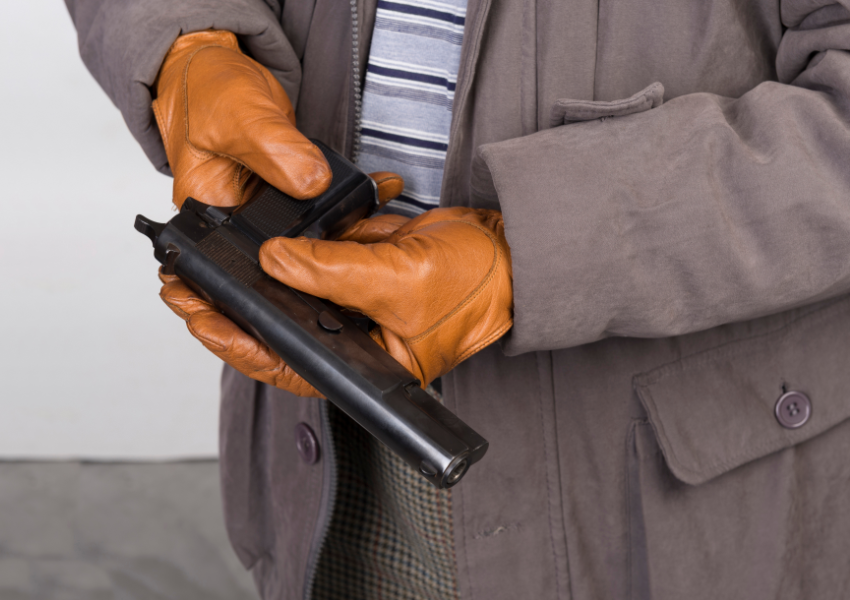Firearms Offenses
Although there are several statutes that involve firearm offenses, the possession or receipt of a firearm or ammunition charge requires that the government prove beyond a reasonable doubt that the accused possessed or was in receipt of the firearm or ammunition, that the accused was prohibited from possessing or receiving a firearm or ammunition, and that the firearm or ammunition traveled across a Stateline or came from a foreign country at any time.
Under 18 U.S.C. §922(d), it is unlawful for a person to sell or dispose of any firearm or ammunition to any person knowingly or having reasonable cause to believe that the other person, including as a juvenile:
- That is under indictment or has been convicted of a crime punishable by imprisonment for a term exceeding one year;
- Is a fugitive from justice;
- Is an unlawful user of or addicted to any controlled substance;
- has been adjudicated as a mental defective or has been committed to any mental institution at 16 years of age or older;
- is illegally or unlawfully in the U.S. or admitted under a non-immigrant visa;
- has been dishonorably discharged from the Armed Forces;
- has renounced his or her United States citizenship;
- is subject to a restraining court order prohibiting harassing, stalking, or threatening an intimate partner or child that includes certain court ordered findings or terms;
- has been convicted of a misdemeanor crime of domestic violence;
- intends to sell or dispose of the firearm or ammunition in furtherance of a felony or certain specified offenses; or
- intends to sell or dispose of the firearm or ammunition to a person in in connection with the above mentioned 1 through 10.
Additionally, under 18 U.S.C. §922(g) it is prohibited for a convicted felon to be in possession of a firearm. The government must prove beyond a reasonable doubt that (1) the accused was in fact a convicted felon; (2) that the accused knew that he was a convicted felon; (3) that the accused knowingly possessed the firearm or ammunition; and (4) that the firearm or ammunition was in or affected interstate commerce. The law only requires that the accused know that he is a convicted felon, not that his or her conviction for a felony prohibits them from possessing a firearm.
When a drug trafficking crime or federal crime of violence involves firearms, it is common for a person accused to also be charged with using or carrying a firearm during or in relation to, or possess a firearm in furtherance of a drug trafficking crime or federal crime of violence. Depending on the firearm involved, the mandatory minimum sentence will increase. It is also possible for a person charged with a drug trafficking crime while possessing a firearm to not be charged in connection with the firearm. However, the fact that the person possessed a firearm at the time of the offense could lead to an increase in sentence as it would be considered relevant conduct to the underlying offense charged.
